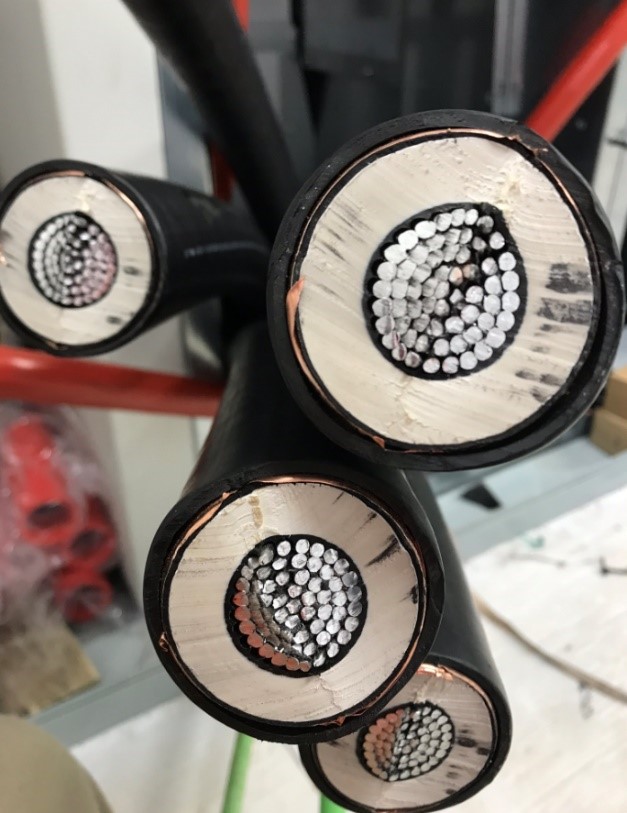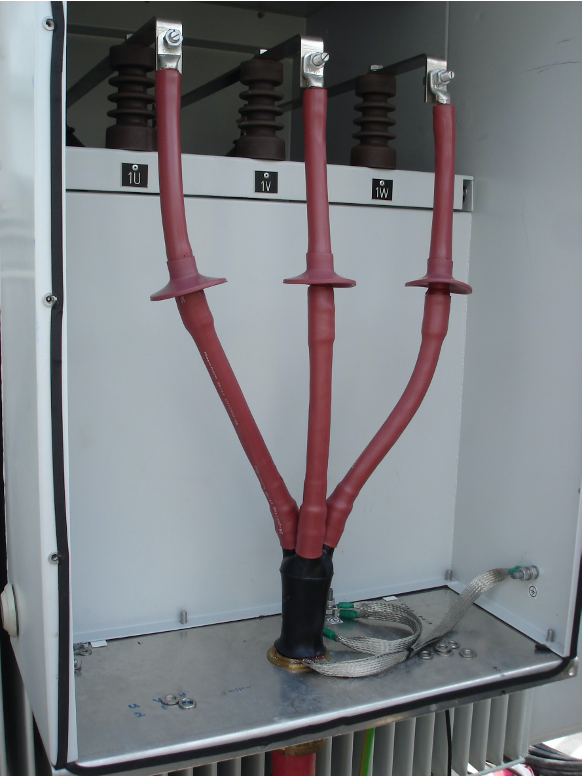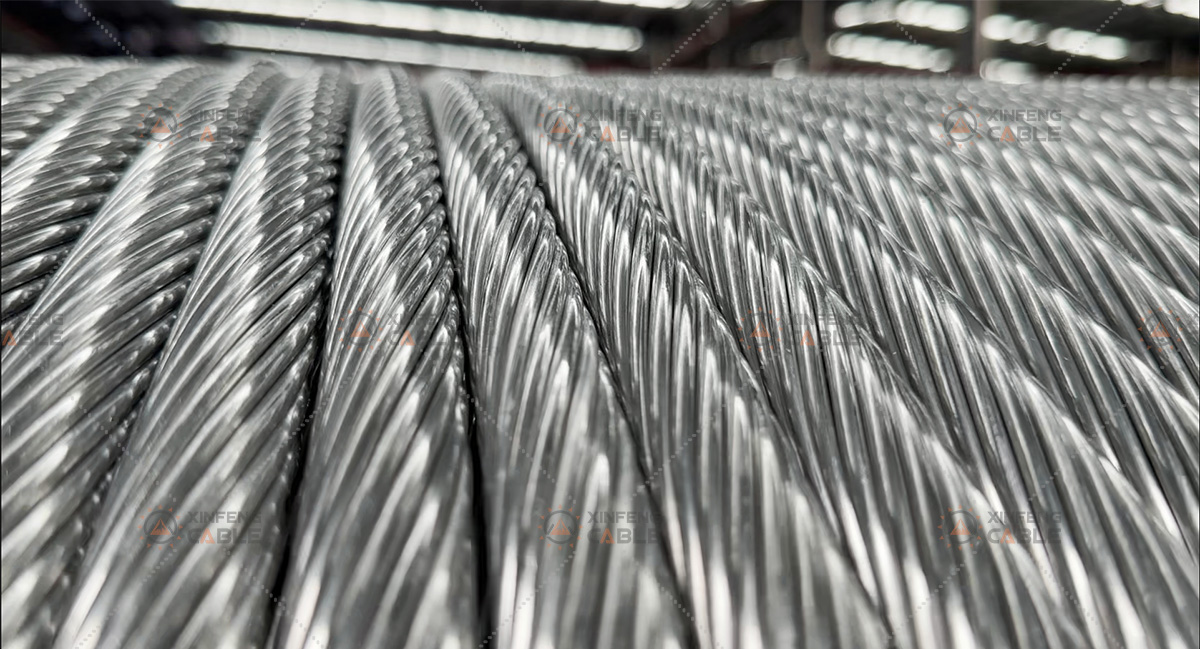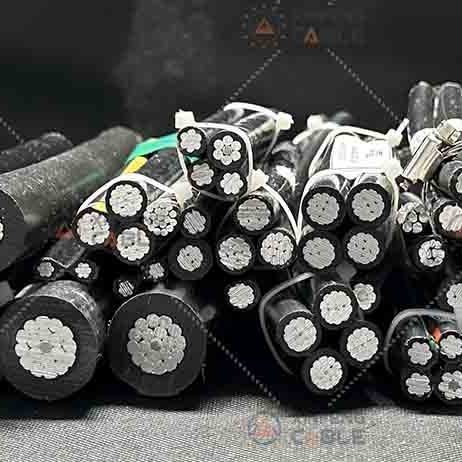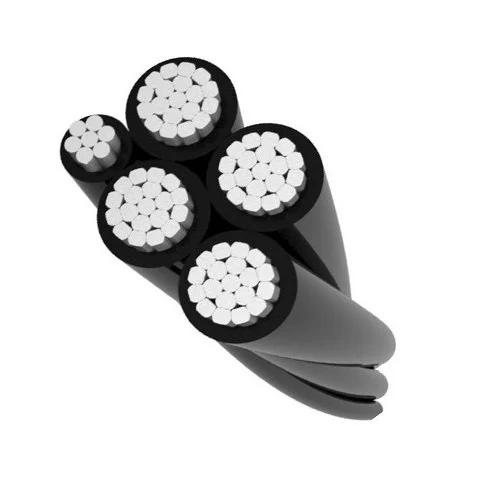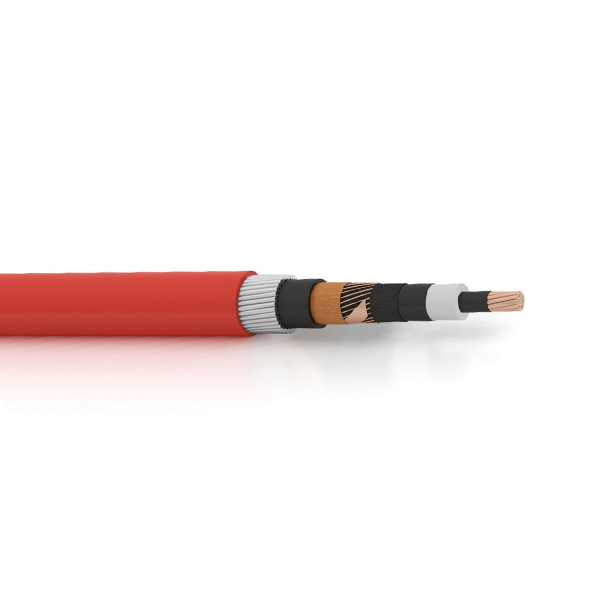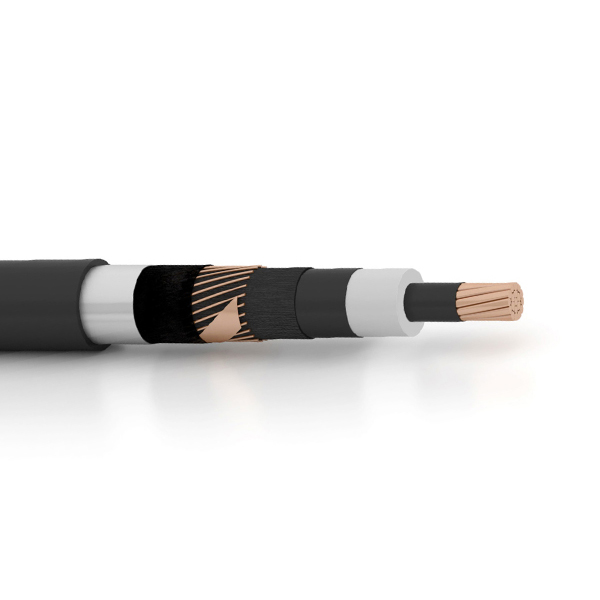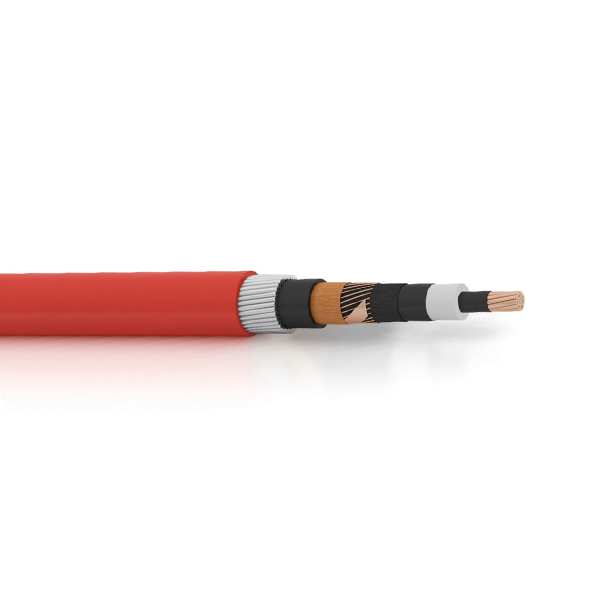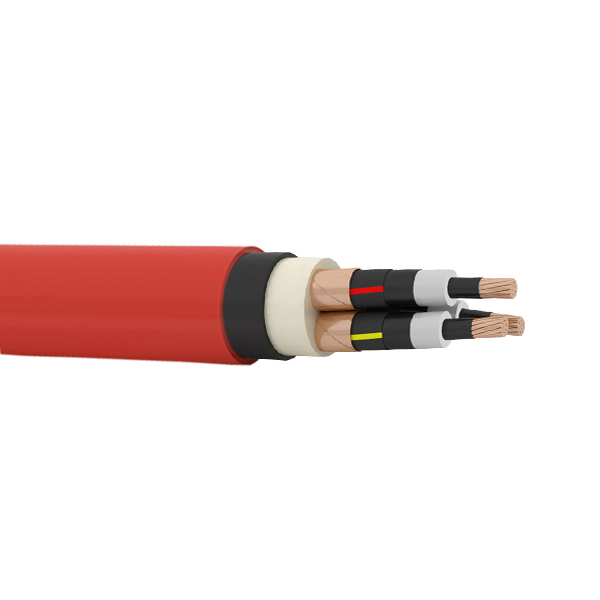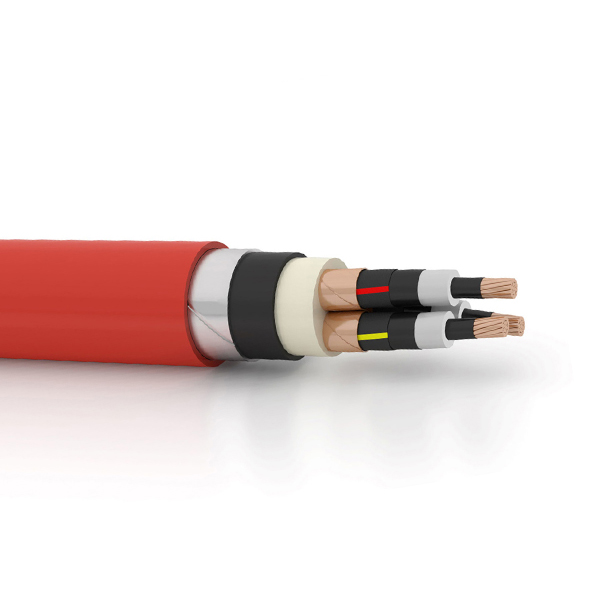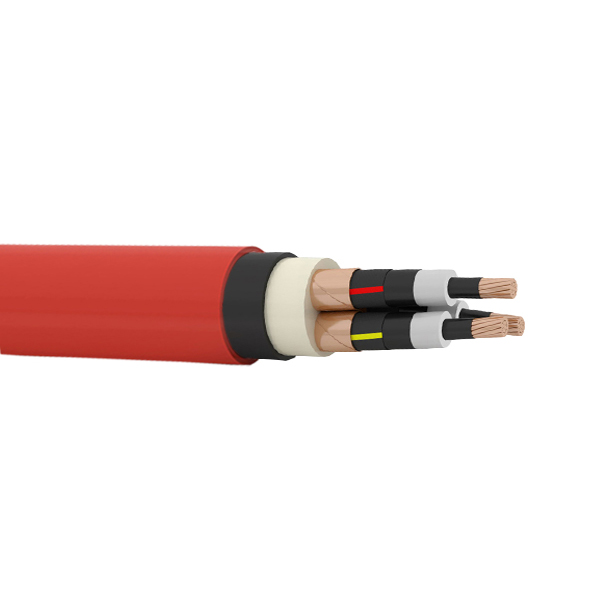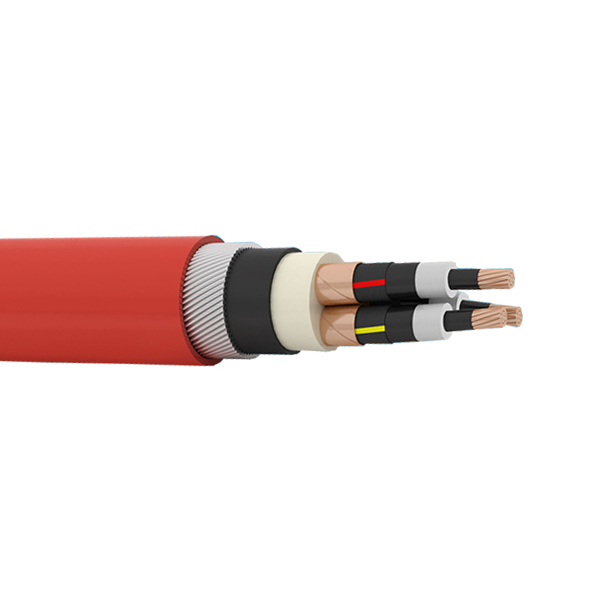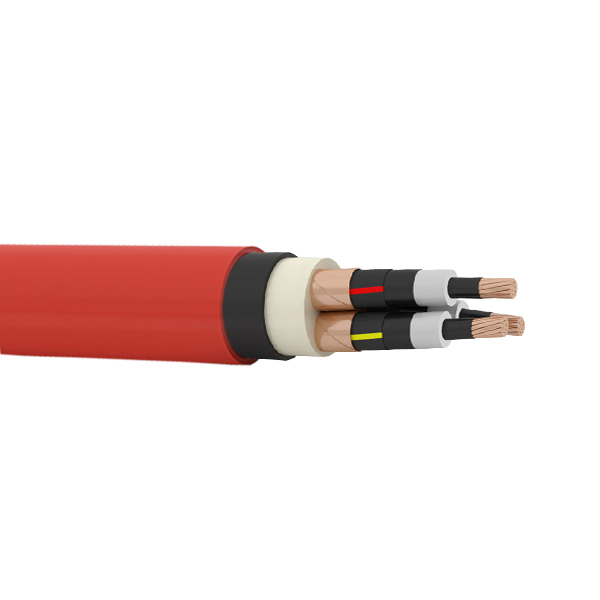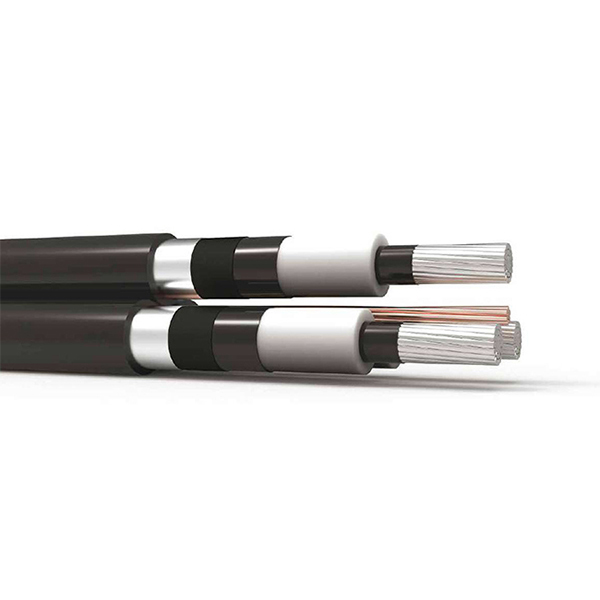How to Calculate Medium Voltage Cable Size
In the intricate tapestry of electrical engineering, the calculation of medium voltage cable size stands as a pivotal yet often complex task. The efficiency and safety of an electrical system hinge upon the precise determination of cable size, making it a crucial element in the design and implementation of power distribution networks. In this comprehensive guide, we embark on a journey to unravel the intricacies of calculating medium voltage cable size, exploring the key factors, methodologies, and considerations that govern this essential aspect of electrical engineering.

Understanding the Basics
Medium Voltage Cable Voltage, Load, and Ampacity
Before delving into the intricacies of cable size calculation, it’s imperative to grasp the fundamental concepts that form the bedrock of electrical engineering.
1. Voltage:
– Voltage is the driving force that propels electrical energy through a system. In the realm of medium voltage cables, which typically operate within the range of 2.4 kV to 35 kV, the chosen voltage level becomes a foundational parameter.
2. Load Requirements:
– The electrical load, measured in kilowatts (kW) or amperes (A), represents the total power demand that the medium voltage cable will be required to supply.
3. Ampacity:
– Ampacity refers to the maximum current-carrying capacity of a cable under specific conditions. It is influenced by factors such as cable size, insulation type, ambient temperature, and installation conditions.
Factors Influencing Cable Sizing
1. Voltage Drop Consideration
Voltage drop, the reduction in voltage as electricity travels through the cable, is a critical factor in sizing medium voltage cables. Excessive voltage drop can lead to inefficient power transmission and compromise the performance of connected equipment.
2. Cable Configuration
The configuration of the medium voltage cable plays a significant role in determining its size. Factors such as the number of conductors, insulation type, and the presence of shielding or armor impact the cable’s ampacity and overall performance.
3. Ambient Conditions
Ambient temperature and environmental conditions influence cable sizing. Cables installed in high-temperature environments may have reduced ampacity, and factors like moisture or chemical exposure should be considered for outdoor installations.
The Calculations of Medium Voltage Cable Size: Step by Step
1. Determine Load Requirements
Begin by accurately determining the electrical load that the medium voltage cable will be supplying. This involves assessing the total power demand in kilowatts or amperes and specifying the voltage level.
2. Select Voltage Rating
Choose the appropriate voltage rating for the cable based on the system voltage. Medium voltage cables operate within specific voltage ranges, and the chosen rating must align with the application requirements.
3. Calculate Ampacity
Determine the ampacity of the cable based on factors such as cable size, insulation type, ambient temperature, and installation conditions. Refer to ampacity tables provided by standards organizations or cable manufacturers.
4. Consider Voltage Drop
Calculate the acceptable voltage drop for your application. This involves assessing the distance the cable will span and ensuring that the voltage drop remains within acceptable limits to maintain system efficiency.
5. Account for Safety Margins
Incorporate safety margins into your calculations to ensure a robust and reliable electrical system. Safety margins account for uncertainties and variations in real-world conditions, adding an extra layer of protection.
Advanced Considerations
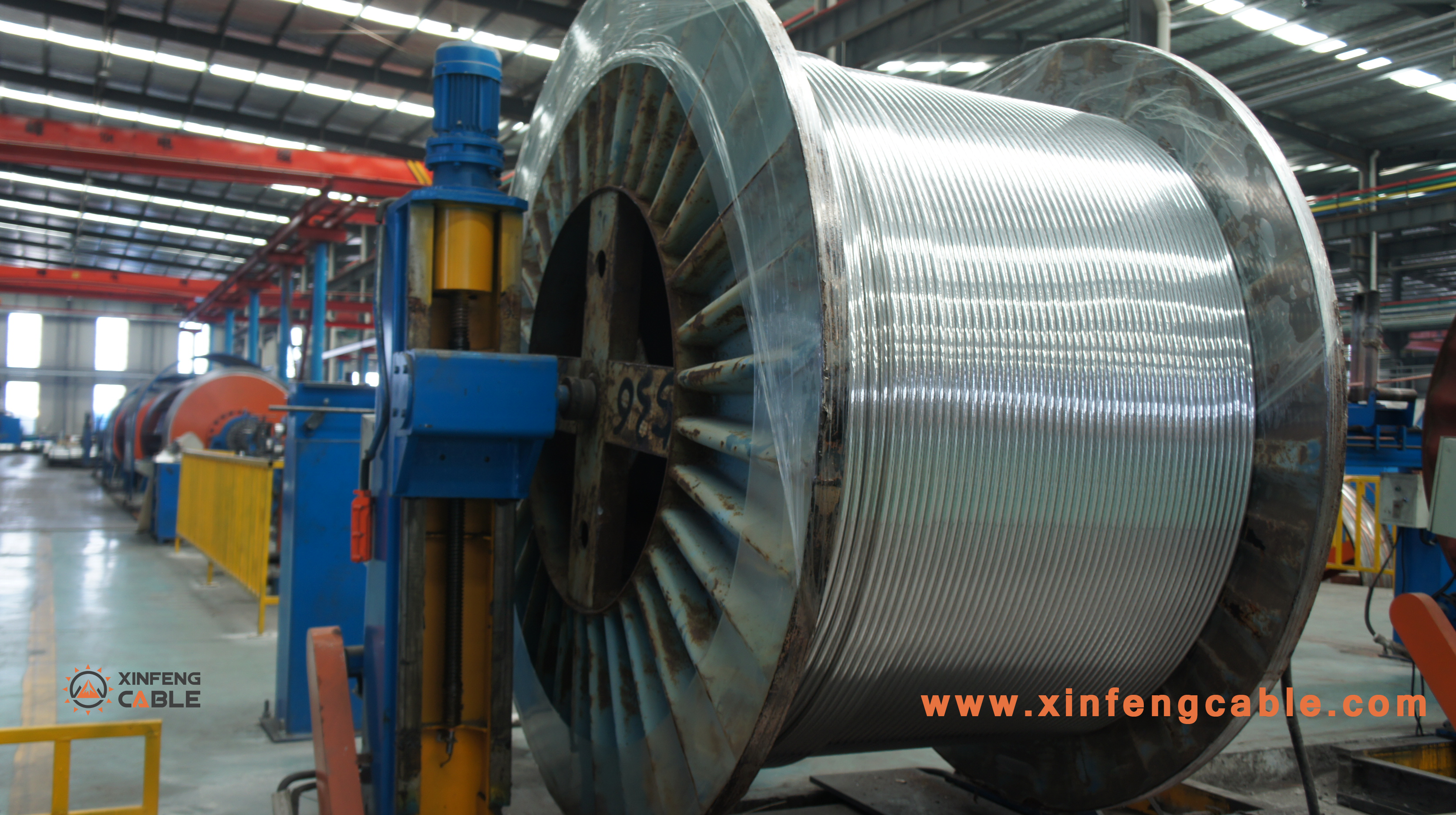
1. Smart Technologies
Explore the integration of smart technologies into cable sizing calculations. Sensor-equipped cables can provide real-time data on operating conditions, allowing for proactive maintenance and enhancing overall system reliability.
2. Sustainable Practices
Consider the environmental impact of cable sizing decisions. Explore materials and technologies that align with sustainability goals, ensuring that the benefits of medium voltage cables do not come at the expense of ecological balance.
3. Future Expansion
Anticipate future expansions or changes in load requirements when sizing the cable. Choosing a cable with room for growth can help avoid the need for immediate replacements as the electrical system evolves.
Consulting Standards and Experts
1. National and Local Standards
Verify your calculations against relevant national and local electrical codes and standards. Adhering to these standards ensures that your cable sizing aligns with industry best practices and safety regulations.
2. Manufacturer Consultation
Consult with medium voltage cable manufacturers for technical support and guidance. They can provide specific information about their cable products, including ampacity, voltage rating, and other relevant specifications.
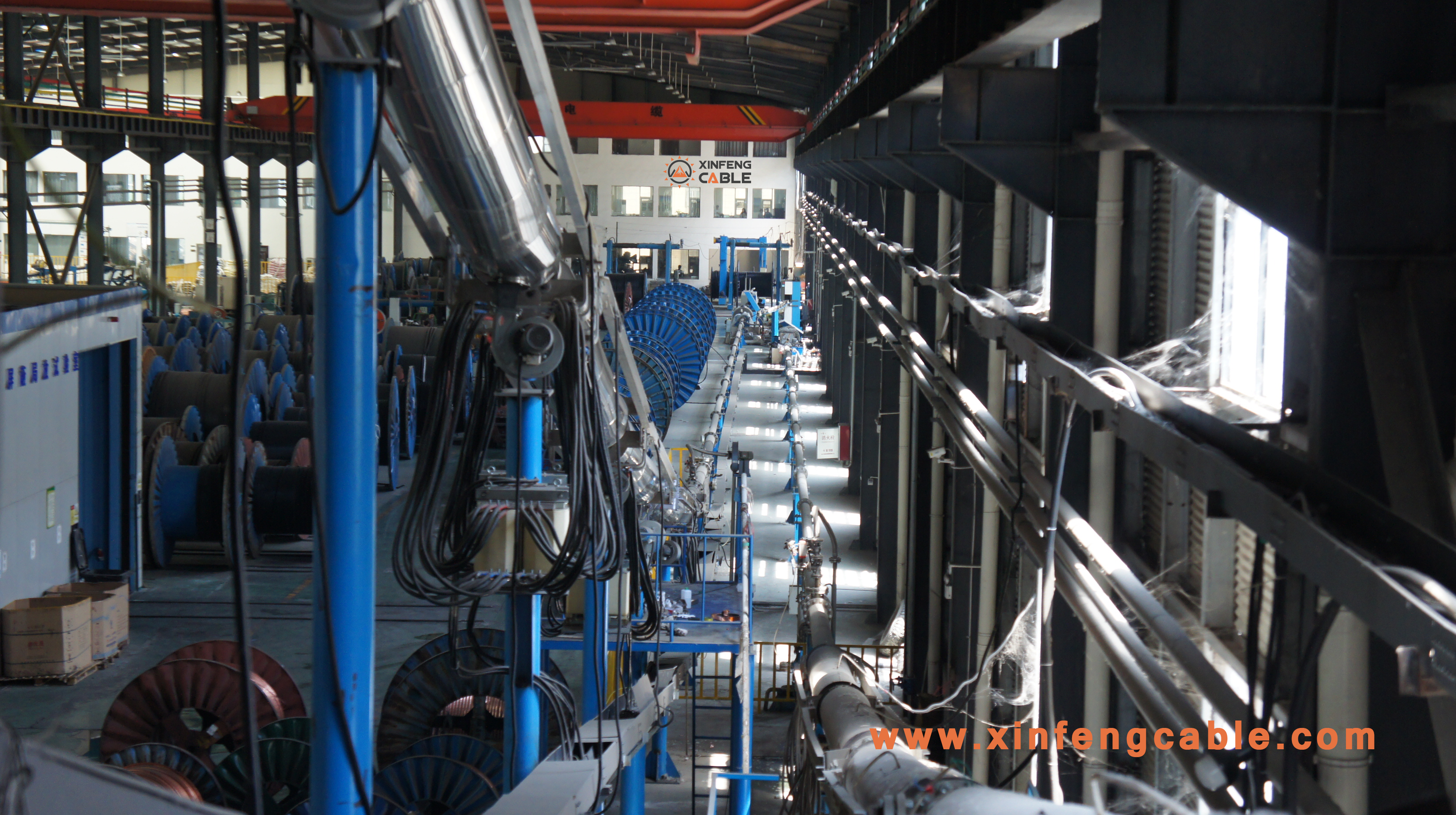
Xinfeng Cable: Delivering High-Quality, Competitive-Priced Power Solutions Worldwide.
Solutions for your power transmission
In the vast network of power transmission, Xinfeng Cable stands out as a provider of high-quality, competitively priced cable products for customers across the globe. We go beyond being merely a cable manufacturer — we are partners in the field of power transmission, committed to delivering electricity to places around the world that need it. Whether you are located anywhere on the map, regardless of the scale of your requirements, Xinfeng Cable is ready to join hands with you in constructing a future where electricity knows no boundaries.
Our Commitments
1. Excellence in Product Quality:
Xinfeng Cable is built on a foundation of product quality excellence. We employ cutting-edge production technologies and stringent quality control measures to ensure that each cable meets the industry standards. This is not just a commitment; it’s a feedback loop of trust from our customers.
2. Competitive Pricing:
Understanding the significance of price in a competitive market, Xinfeng Cable is dedicated to providing competitively priced solutions, offering economically efficient power solutions to our customers. We firmly believe that high-quality cables should not be a luxury but a widely accessible necessity.
3. Global Service Network:
Our services know no geographical bounds. Xinfeng Cable has established a global service network to provide timely and efficient support to customers. Wherever you are, with just a call or an email, we respond swiftly to address various issues in your power transmission journey.
How to Contact Us
If you are located anywhere globally, whether for a new project or equipment upgrades, if you need high-quality, competitively priced cable products, Xinfeng Cable is your reliable choice. Feel free to contact us:
Email: sales@xinfengcable.com
Phone: +86 133 3386 8399
Xinfeng Cable Conducting The Energy
Our team is dedicated to providing support, ensuring that power is delivered accurately and reliably to your location. Xinfeng Cable connects global electricity and offers the perfect solution for your power needs. We look forward to transmit power to every part of the world that needs it.
Conclusion:
In conclusion, calculating the size of medium voltage cables is a nuanced art that requires a deep understanding of electrical engineering principles, meticulous consideration of environmental factors, and adherence to industry standards. By following a systematic approach, incorporating advanced considerations, and consulting with experts, one can master the art of cable sizing, ensuring the seamless and efficient flow of electrical power through medium voltage systems.
As technology advances and the demand for reliable and sustainable power solutions grows, the art of calculating medium voltage cable size will continue to evolve. Embracing innovation, integrating smart technologies, and prioritizing sustainability will shape the future of cable sizing, making it an integral part of the electrified world’s progress.
In the intricate dance of electrons, where precision meets power, mastering the art of medium voltage cable sizing becomes a testament to the engineer’s skill—a skill that propels us into a future where electricity flows seamlessly, efficiently, and sustainably.

